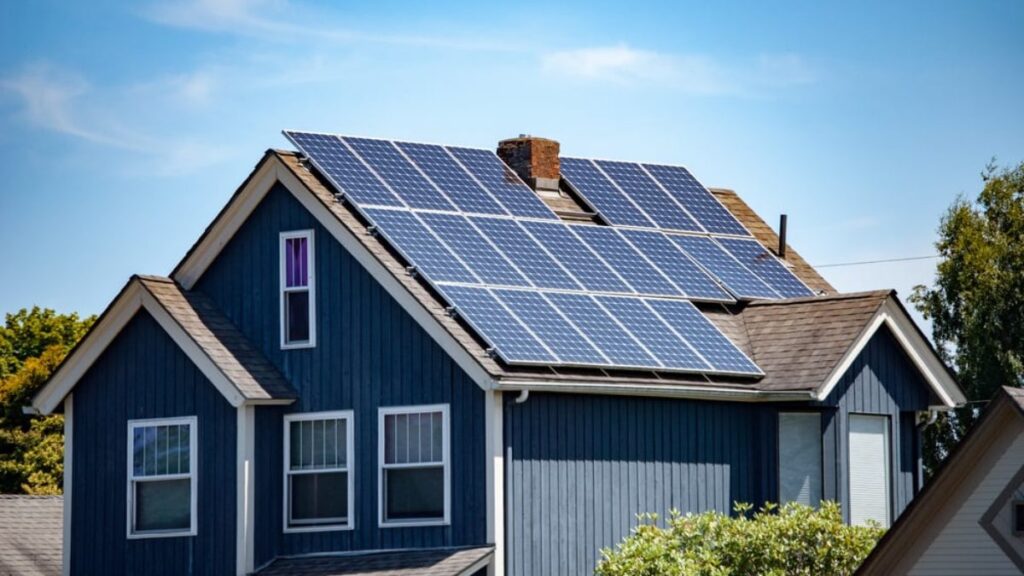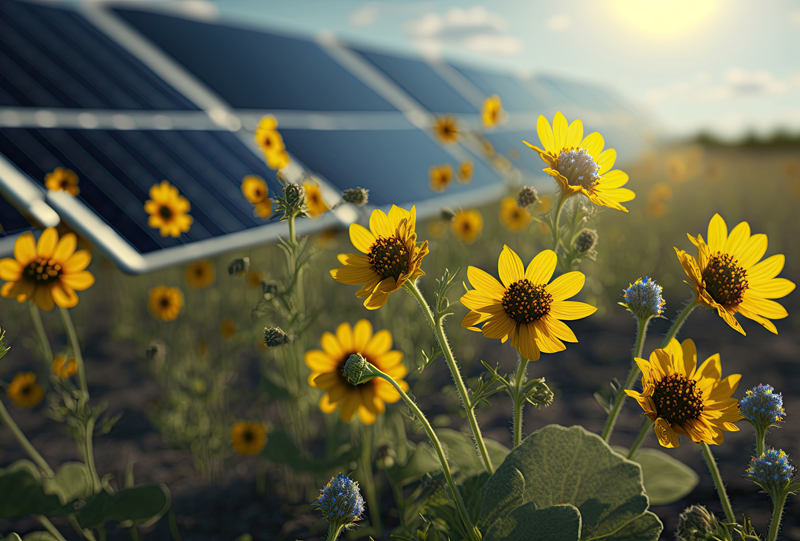Exploring Solar With Illinois Shines
Great – you’re considering participating in Illinois Shines! It’s time to review the types of solar projects available through the program. This page describes Distributed Generation and Community Solar projects, and some of the key considerations for consumers. Our Introduction to Illinois Shines: Solar Basics & More (English and Spanish) is a valuable resource for customers considering going solar, providing helpful explanations, tools, and information about the Program and everything it offers.
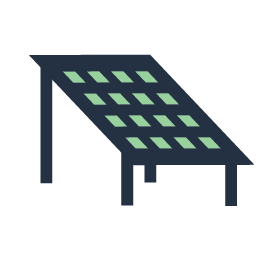
Small Distributed Generation (DG)
Includes projects up to and including 25 kW in size, such as systems on a residence, small business, or other structures with a smaller energy load.

Large Distributed Generation (DG)
Includes distributed generation projects greater than 25 kW in size up to and including 5 MW, such as larger businesses, schools, factories, and other buildings with a larger energy load.
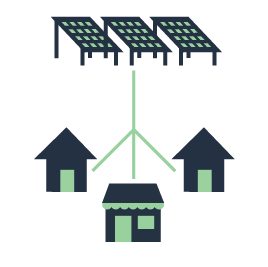
Traditional Community Solar (TCS)
Includes community solar projects 5 MW in size or below.

Community-Driven Community Solar (CDCS)
Includes community solar projects up to 5 MW that are intended to provide a more direct and tangible connection and benefits to the communities in which they operate. These benefits can include community ownership or wealth-building, meaningful project involvement and engagement from community members, nonprofit organizations, or public entities, and more.
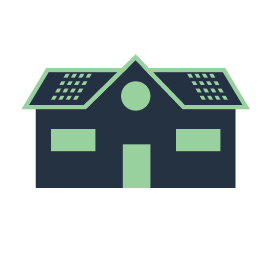
Public Schools
Includes any solar project, whether Small or Large Distributed Generation, or community solar projects that serve a public school in Illinois. A Public Schools Program Category Brochure and a Public Schools Project Guide provide information to support schools looking to go solar. Other funding sources for public schools projects outside of Illinois Shines may be available.
Please see the Program’s new Public Schools Case Study to learn how one Illinois school district turned to Illinois Shines to achieve important financial and environmental benefits, and a recorded presentation (presentation slides here) from the Program designed to help public schools explore solar energy opportunities through Illinois Shines. The presentation provides an in-depth overview of the Illinois Shines Program, project types including the Public Schools project category, financing options, and key considerations for schools exploring solar energy.
In September 2025, the Program published its Program Year 2025-26 Public Schools Outreach Plan.

Equity Eligible Contractor (EEC)
Includes Distributed Generation and Community Solar projects submitted by EEC Approved Vendors. EECs are certified by the Program and are the only Approved Vendors able to utilize the capacity made available for this Program category. The category seeks to set aside Program capacity for EECs to ensure better participation and access. More information on EECs and requirements for certification on the Equity Accountability System page.
Visit the Exploring Distributed Generation or Exploring Community Solar pages for more information on each project type, and some of the relevant considerations for customers.
Your project site, size, financing options, goals, and other considerations can help determine what type of project makes the most sense for you. Depending on your specific circumstances, a Distributed Generation project installed on your home or property might make the most sense, or a subscription to a local Community Solar project could be preferable. In addition, income-eligible customers should explore solar options through Illinois Solar for All, a state solar incentive program that offers guaranteed savings to income-eligible customers.
Visit the Exploring Distributed Generation or Exploring Community Solar pages for more information on each project type, and some of the relevant considerations for customers.

